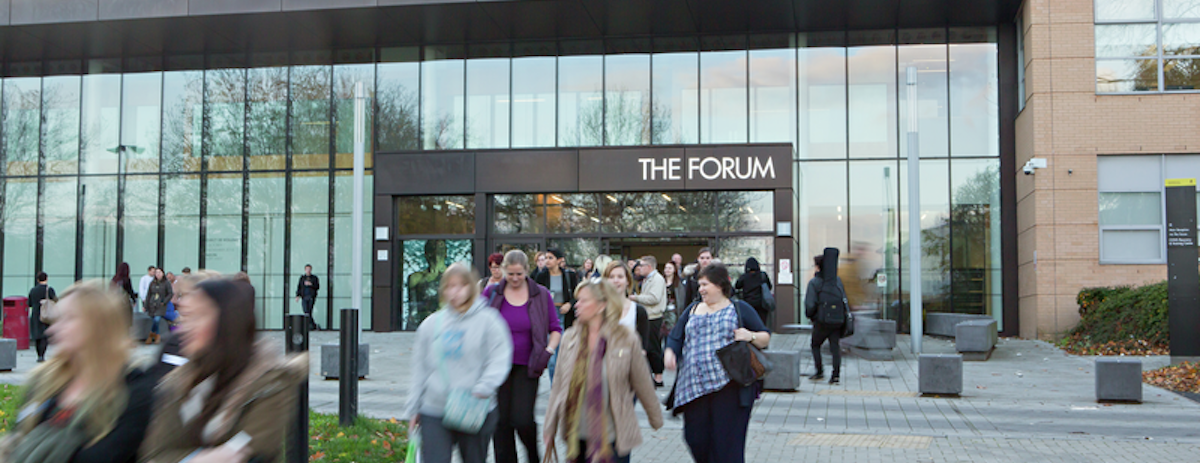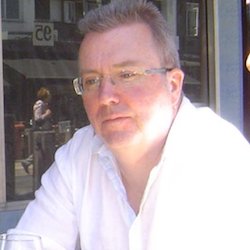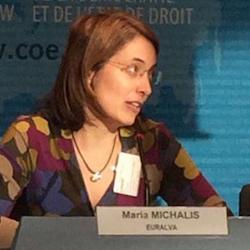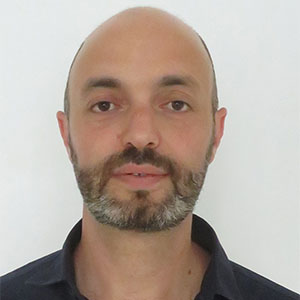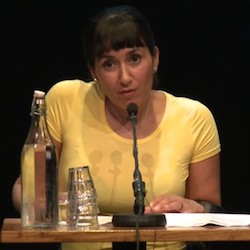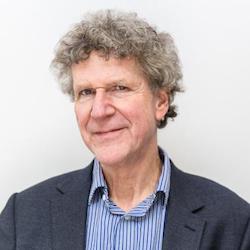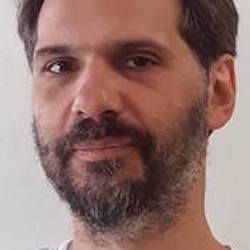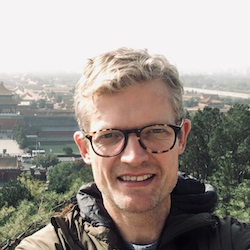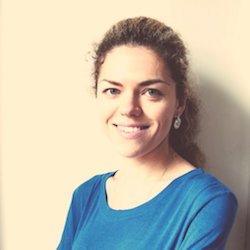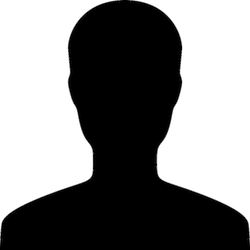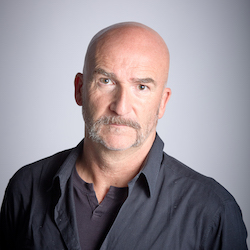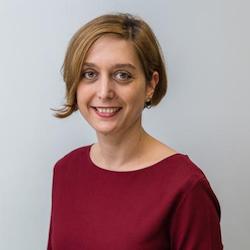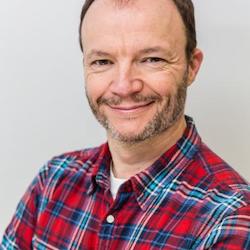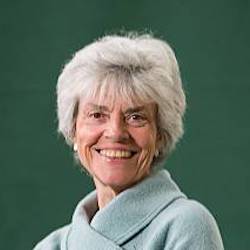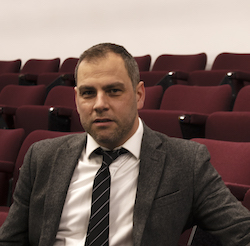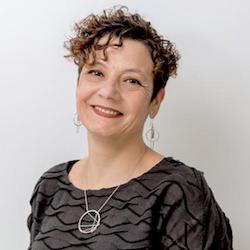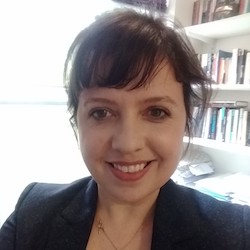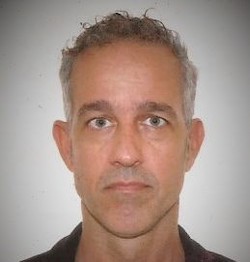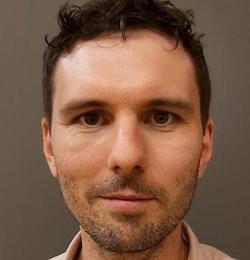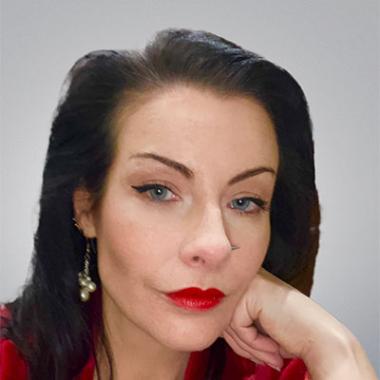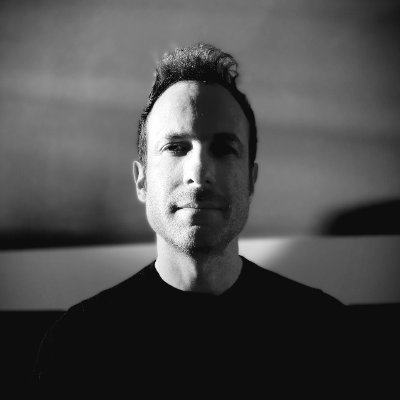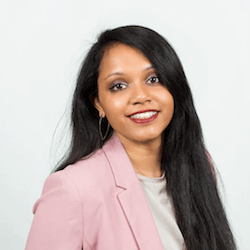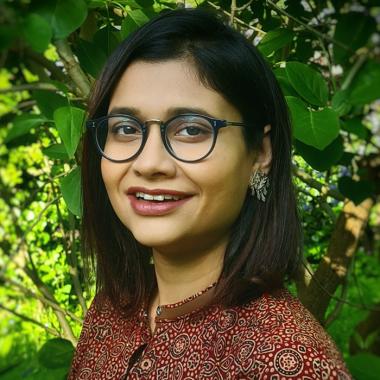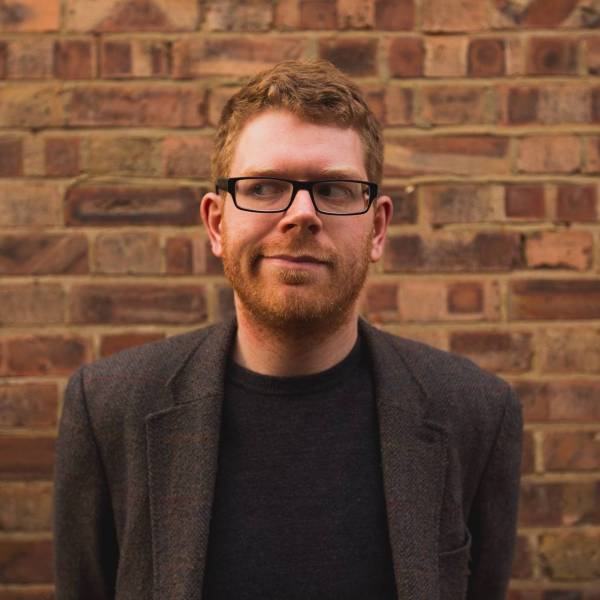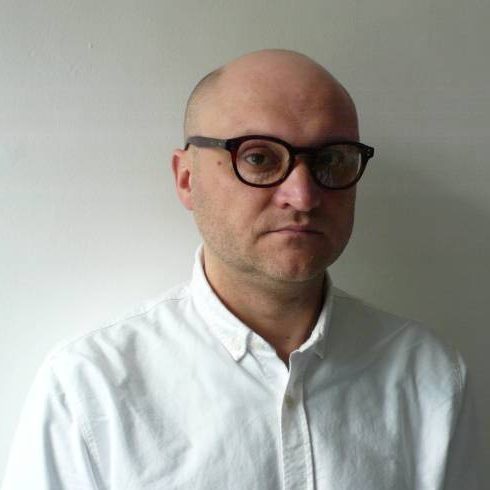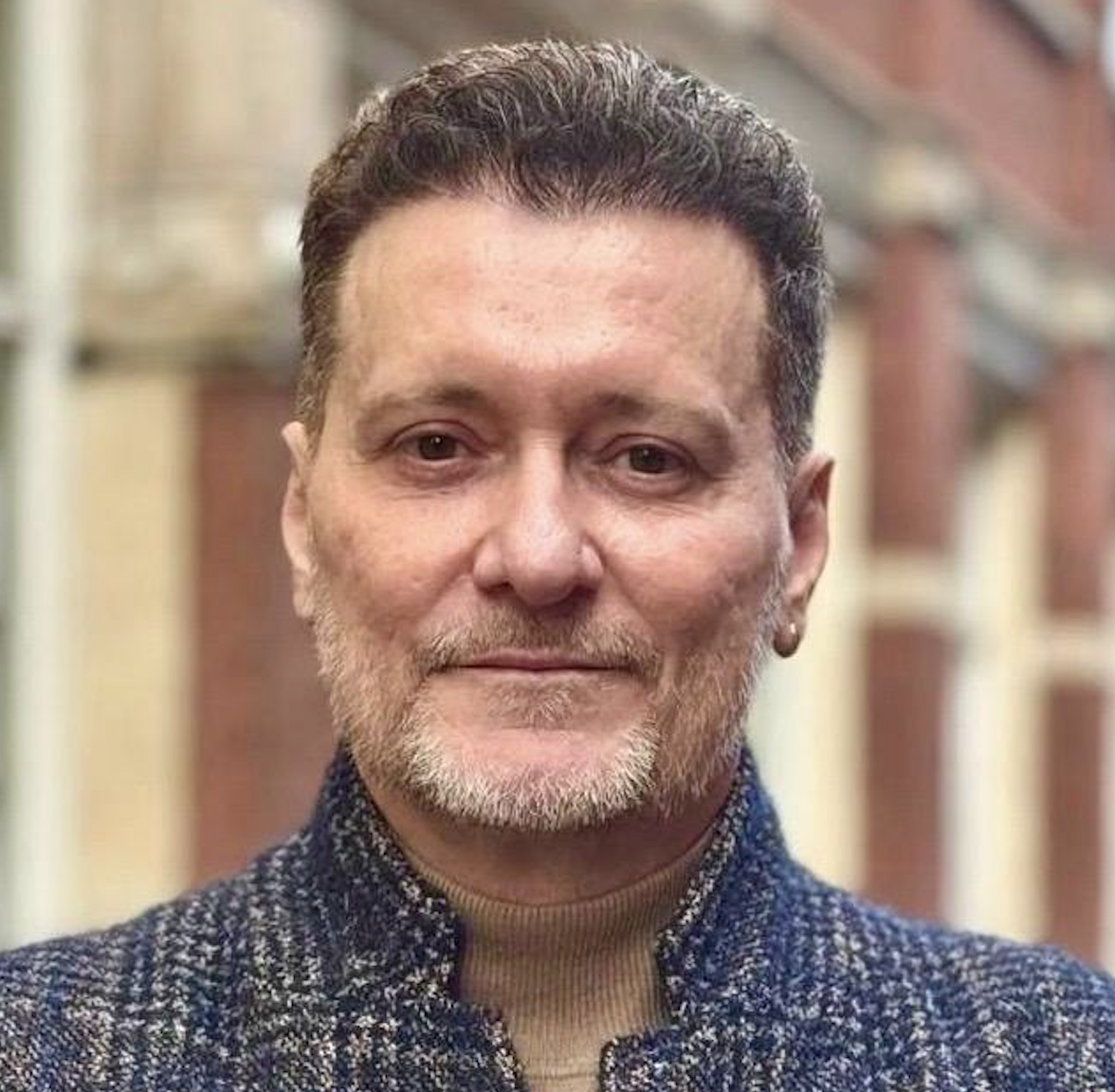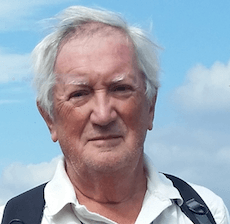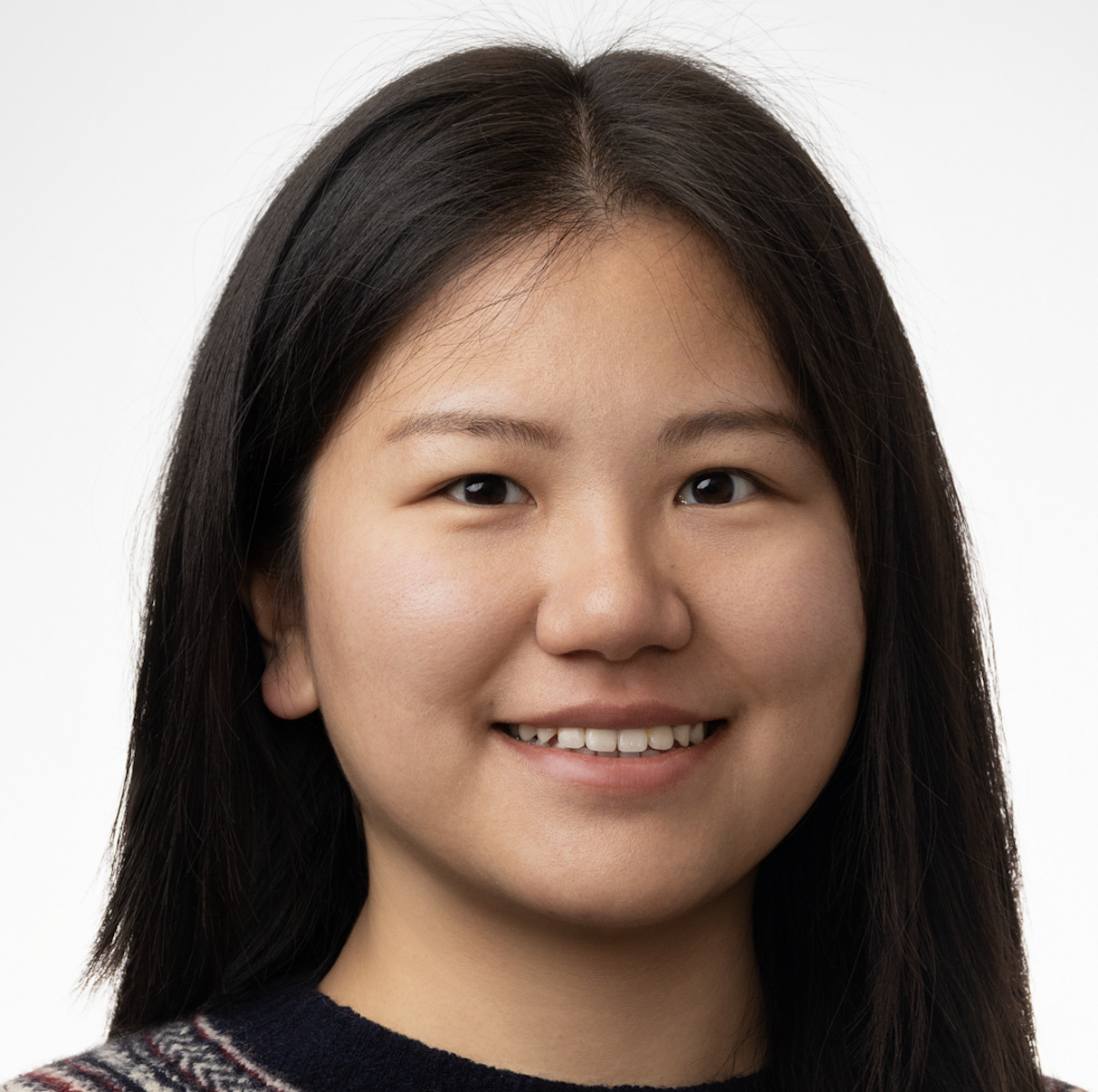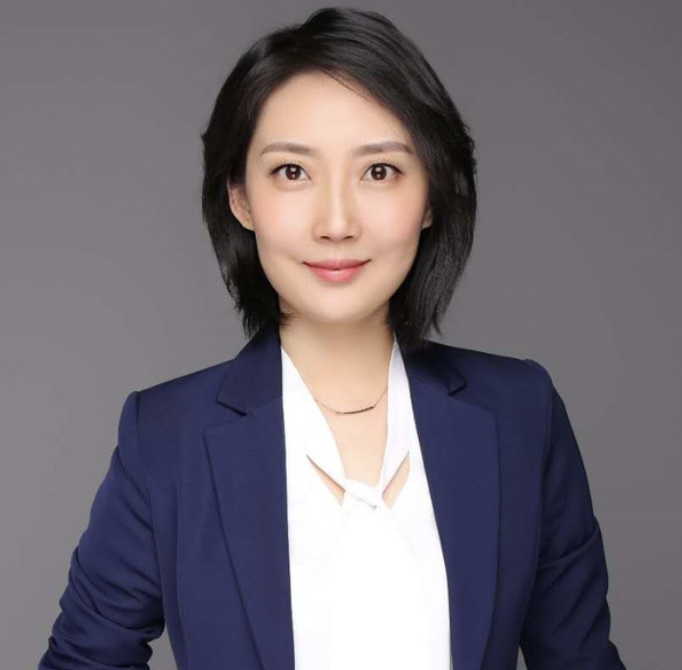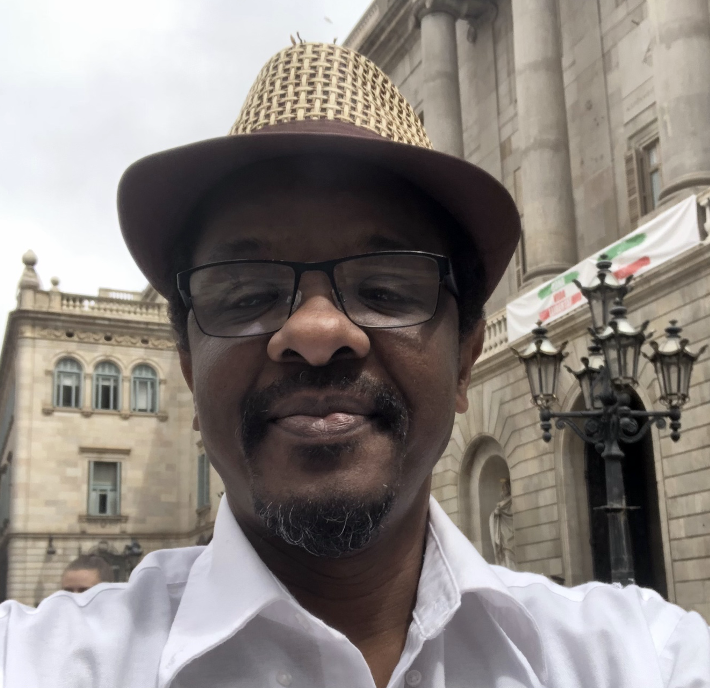The Communication and Media Research Institute (CAMRI) is a world-leading centre in the study of media and communication, and renowned for its critical and international research. CAMRI is located in the School of Media and Communication. It builds on a long tradition of research in media and communication that spans five decades, as the university launched the first UK media degree in 1975. The University of Westminster has been consistently ranked highly in media and communication studies ever since.
CAMRI’s objective is to serve as a platform for critical media and communication studies that develops the legacy of what James Curran has labelled the ‘Westminster School’. This ‘Westminster School’ describes the pioneering researchers in what became CAMRI who helped shape the development of communication research in the UK and beyond, by emphasising media policy, political economy, media and democratic theory, British media history, and communication technology. Today our research analyses communication power in the light of ongoing transformations in society and the communications landscape. CAMRI’s research is organised in four thematic areas focusing on: communication, technology and society; cultural identities and social change; global media; and policy and political economy.
CAMRI researchers study media and communication from international and global perspectives. Our work privileges sociological inquiry and qualitative methods. It takes a contextual approach that is historical, sceptical and nuanced. Our research is grounded in theory and is rich in empirical detail, thereby informing both a critical understanding of contemporary media, as well as new approaches to policy-making and practice.
CAMRI’s research is based on a broader purpose and vision for society. Our work examines how media and societies interact, and aims to contribute to progressive social change, equality, justice, and democracy. CAMRI takes a public interest and humanistic approach that seeks to promote participation, facilitate informed debate, and strengthen capabilities for critical thinking, complex problem-solving and creativity.


